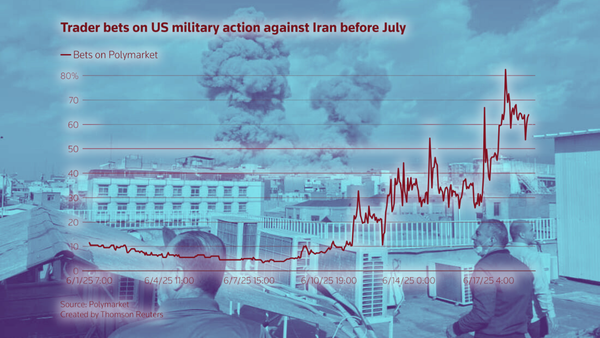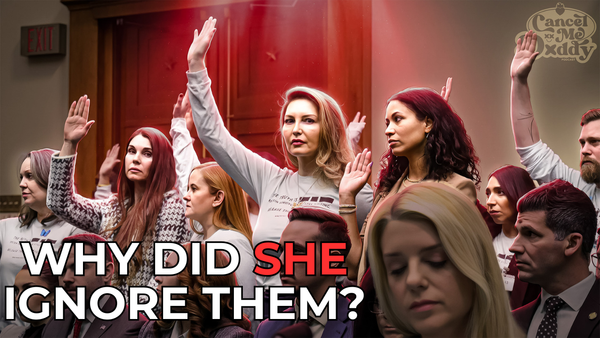The Olympics have outlived their purpose
For organizers, the games are an unrepentant cash grab

The modern Olympics were the brainchild of a 19th century French aristocrat, Pierre de Coubertin, who believed that participating in sport should be a universal human right. “For every man, woman and child, it offers an opportunity for self-improvement,” he is remembered as saying.
Initially, the games were envisioned as a place for the world to gather and share culture through sport. “[The Games] are global,” said Coubertin. “All people must be allowed in, without debate.”
But de Coubertin was far from a visionary progressive. Despite his platitudes, he opposed the participation of women in his games, even though their participation grew six fold under his leadership. The games have never been perfect, but this year’s edition of the games is it’s most egregious to date.
With the Covid-19 pandemic still ongoing, and the more contagious delta variant still running rampant around the globe, this year’s games are the perfect petri dish for an outbreak. The virus is already spreading among athletes before the games have even started. The US gymnastics team was forced to self-isolate after several alternates tested positive, and countless other examples from team’s all over the world.
Many Japanese and Tokyo officials and doctors opposed holding the games this year, for fear of an outbreak. It’s the locals whose voices should be most listened to here. Every four years the IOC chooses a new city to host the summer and winter games, which are held every two alternating years. In order to win an Olympic bid, cities must plan for and build countless sporting facilities, most of which will be quickly abandoned once the games conclude.
Five years ago, Rio de Janiero hosted the games, and now the city, and surrounding communities are littered with decaying and unused facilities.
With the increased traffic and transit needs that comes with accommodating tourists and visitors who come to watch the games, city officials are often forced to invest in expensive infrastructure projects, and increase police budgets.
The games come into town for a few weeks for a once in a lifetime moment, but city governments are left holding the bag once the glitz, glamor, and corporate sponsors leave town. The prospect of temporary tax profits rarely pays off, and that’s especially true of the Tokyo Olympics. They’ve invested all the money that a normal Olympic cycle would demand, but won’t get any of the economic benefits.
But none of that matters when the IOC needs to get paid.
The games are far from the utopian sporting vision its founder once had. It’s top sponsorship deal brings in over half a billion US dollars every year, and in 2019, the organization posted a $73.9 million surplus, a record for a non-Olympic year.
But’s it’s the games themselves that create the profits for the IOC. Without the wall to wall US media coverage, and the glitzy unearned feel-good vibes gained during Olympic years, the IOC would be seen by it’s generally more corrupt cousin, FIFA.
This year, the IOC has banned politically-motivated athlete protests from happening during official events, medal ceremonies and even inside the athlete’s village. All the more to satisfy its corporate sponsors, who would, I assume, prefer to see happy, smiling athletes on the podium even as the world literally burns.
It appears that neither political strife, nor even Covid-19, can stop the IOC’s thirst for cash.
Friday’s opening ceremony, held in an empty stadium, is perhaps the best evidence we need that the games should not be happening. Turns out, de Coubertin’s words, that “all people must be allowed in, without debate,” doesn’t matter when the IOC needs their quadrennial cashgrab.




